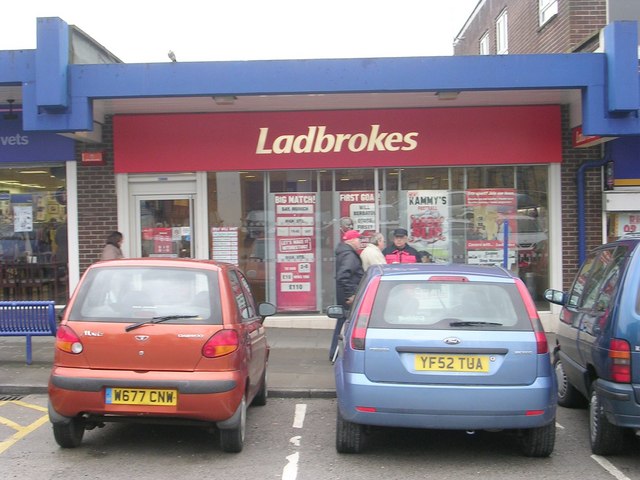Two of the United Kingdom’s biggest gambling firms, Ladbrokes and the Gala Coral Group, announced earlier this week that they are planning to merge operations and create one major gambling firm that will dominate a significant portion of the UK gambling industry.
Both companies have confirmed that they have commenced talks about a possible merger and will currently spend time in analyzing the process to figure out the best way to complete the merger. In a statement, Ladbrokes CEO Jim Mullen said the merge “could create a combined business with significant scale and has the potential to generate substantial cost synergies, creating value for both companies’ shareholders”. Mullen went on to clarify that Ladbroke’s board of directors “has not yet concluded whether a transaction is strategically attractive and can be delivered to shareholders on appropriate terms.”
This is not the first time that Ladbrokes and the Coral Group have attempted to merge operations. Talks of a possible merger surfaced back in 1998 when Ladbrokes decided to buy out the Coral Group. However, the deal was blocked by the trade and industry secretary at that time on the grounds that such a merger would create two major companies in the United Kingdom, namely Ladbrokes and William Hill who would dominate the UK market. Peter Mandelson who was the secretary at that time decided that this would not be in the best interests of the UK gambling industry and hence did not approve the deal.
Mandelson is no longer the trade and industry secretary but market conditions have not changed a lot since then. If Ladbrokes and the Coral Group do reach an agreement and decide to go ahead with their merger, it will once again create a similar problem. The Association of British Bookmakers estimated that at the end of 2014 there were a total of 9,000 gambling shops in the United Kingdom and Ladbrokes owned 2,209 shops while the Coral Group owned 1,834. A merger would result in Ladbrokes owning 4,043 out of the 9,000 shops giving Ladbrokes a market share of nearly 45%.
The Competition and Markets Authority (CMA) in the UK will definitely scrutinize the merger and could very well decide to block the merger on the same grounds that it wouldn’t be in the best interests of the UK gambling industry to allow one company to dominate such a huge percentage of the market.



